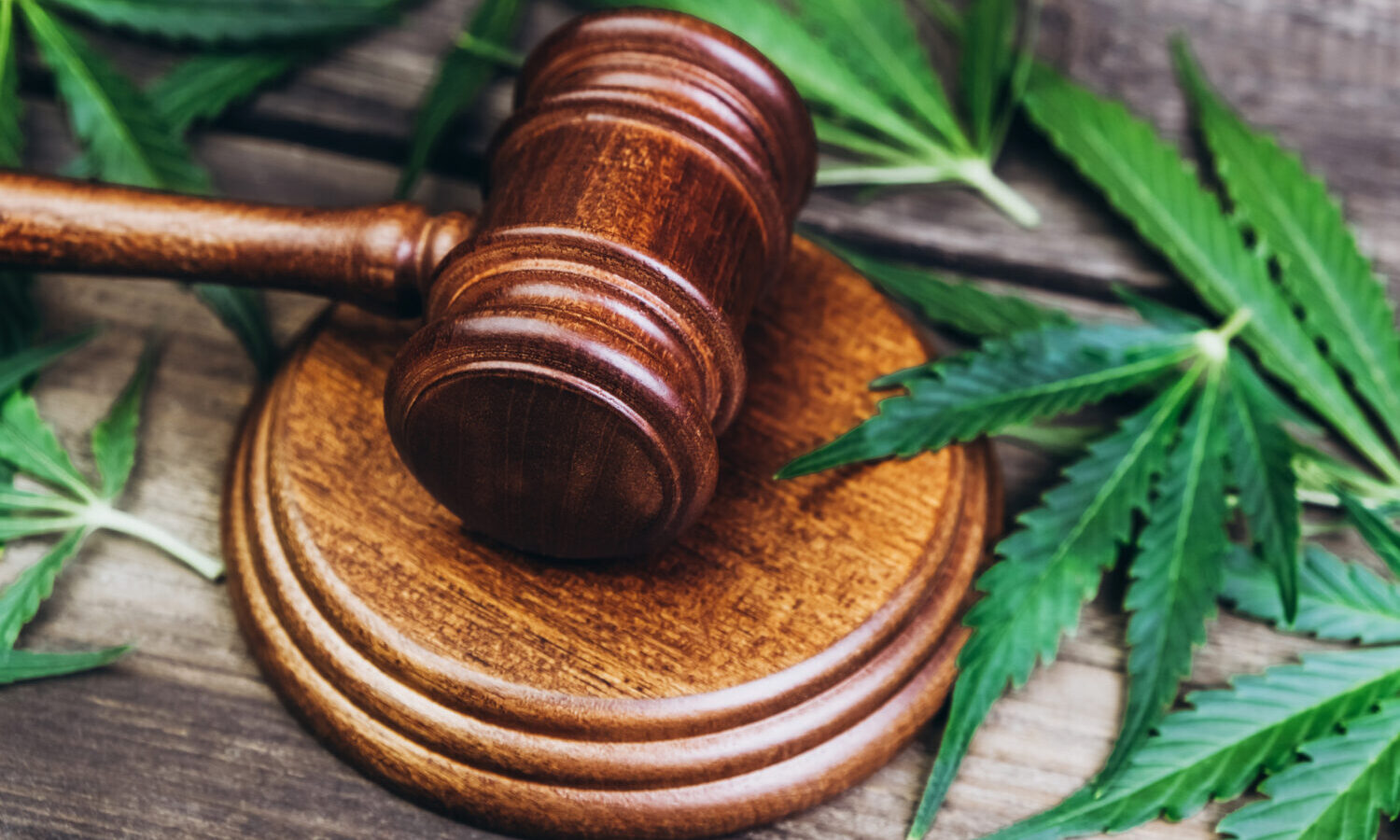Most candidates for federal office do not see cannabis as an issue prominent enough to discuss, and deep partisan differences still remain among elected officials.
By John Hudak
Cannabis reform has grown in popularity with voters, activists, and state legislators; cannabis is now legal for medical use in 38 states and DC and for adult-use in 19 states and DC. Despite those advances in state level reforms and in the broader conversation nationwide, Congress has failed to pass a major piece of legislation addressing the issue, and many voters and activists wonder why. Congressional candidates’ silence on cannabis reform is troubling.
One argument is that federal level officials—in the executive branch and in Congress—simply don’t care enough about the issue to address it. To consider this question, I included a coding about cannabis reform in Brookings Primaries Project in 2022. The Brookings Primaries Project examines the publicly stated views—via the websites and social media presence—of all candidates running in U.S. congressional primary races. We coded each candidate on a four-point scale: whether they supported legalization or decriminalization of cannabis, whether they supported medical legalization only, whether their position was complex or indecipherable, and whether they failed to mention the issue at all.
The results provide three general takeaways. First, primary candidates for Congress do not consider the issue important enough to elevate to be included on their website or on social media. Second, on average, candidates who do engage on the issue are at least not harmed by staking out a public position. Third, stark differences exist between Democratic primary candidates for Congress and Republican primary candidates for Congress.
These findings generally reflect a reality that bears out in public opinion polling. While cannabis reform is popular among Americans (68% support in the latest Gallup poll), it is not a salient issue among voters; polling shows that cannabis reform has never jumped into even the top 20 most important issues for voters. That support but lack of salience has a compelling impact on members of Congress and congressional candidates: it gives them the freedom not to engage the issue.
Overall, we coded 2360 candidates running in Democratic and Republican primaries for Congress. As table 1 shows, the vast majority of candidates (81.4%) made no mention of cannabis reform at all on their websites and social media. In fact, clashing against the idea that the popularity of cannabis reform should be pushing legislators to make clear statements of support for reform, 86.4% of candidates either made no mention, staked out an unclear position, or explicitly opposed cannabis reform.
TABLE 1: CANNABIS CAMPAIGN POSITIONS AMONG 2022 CONGRESSIONAL PRIMARY CANDIDATES








